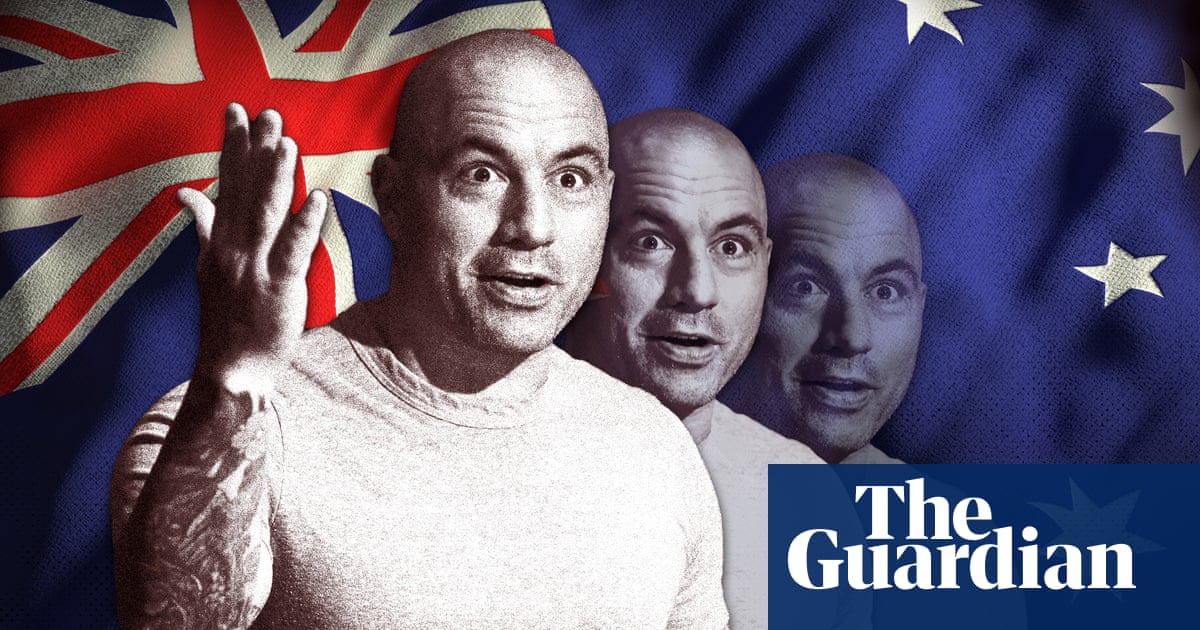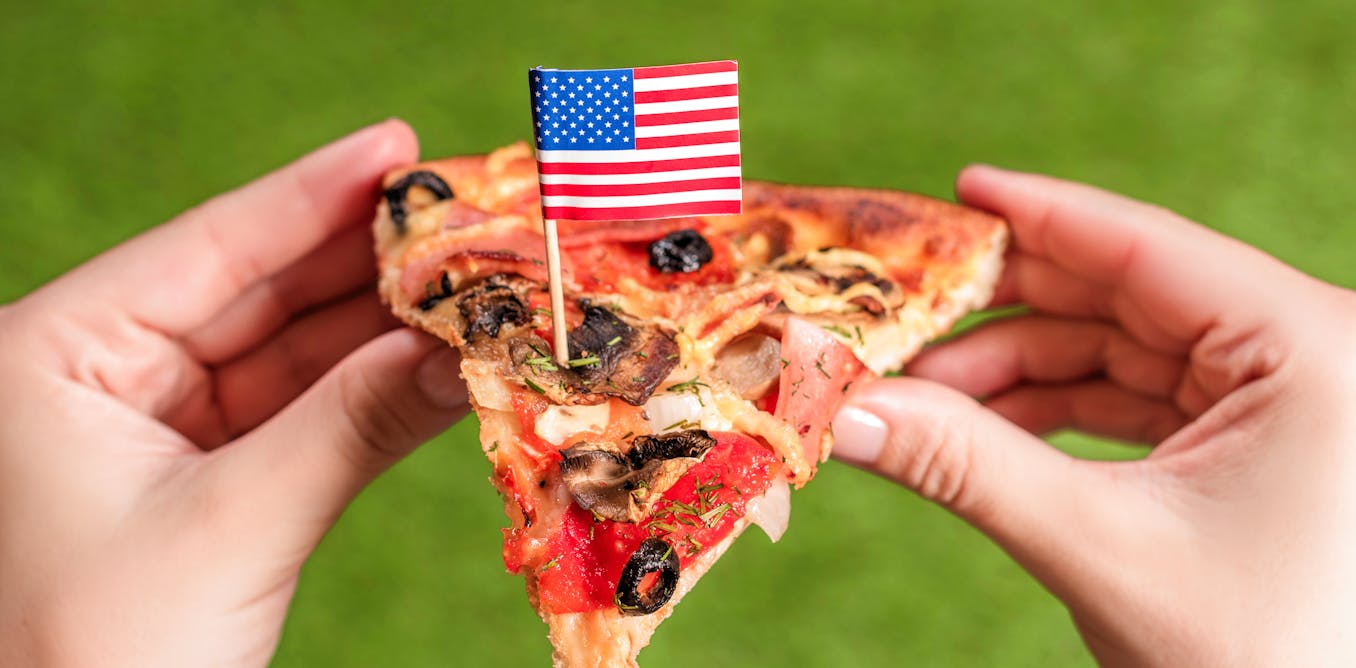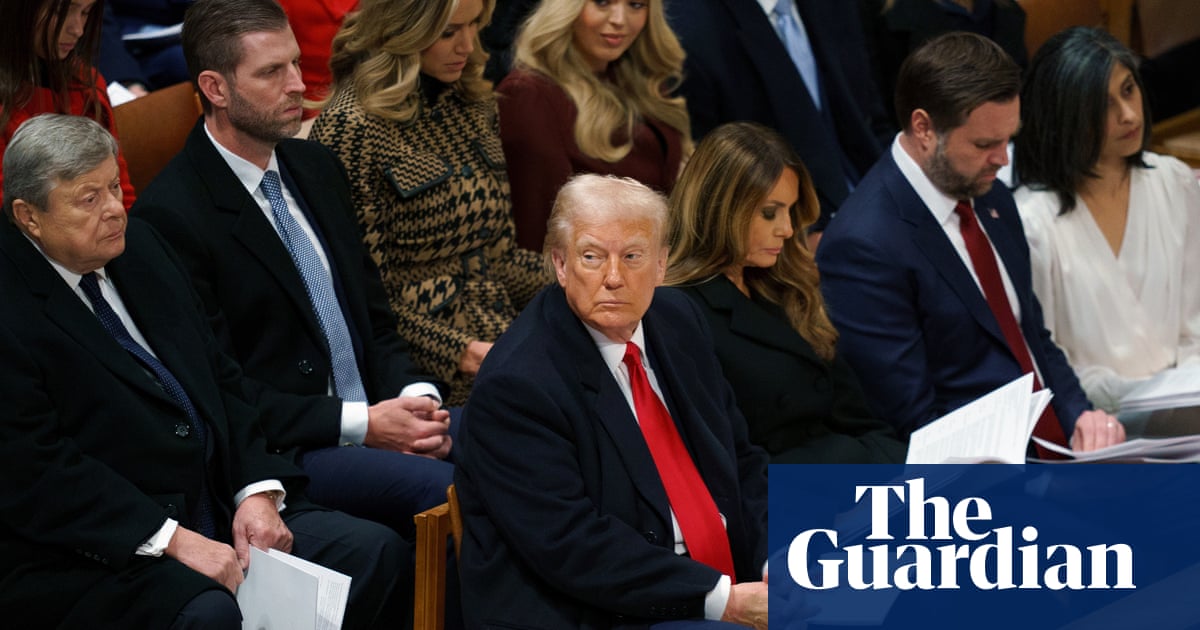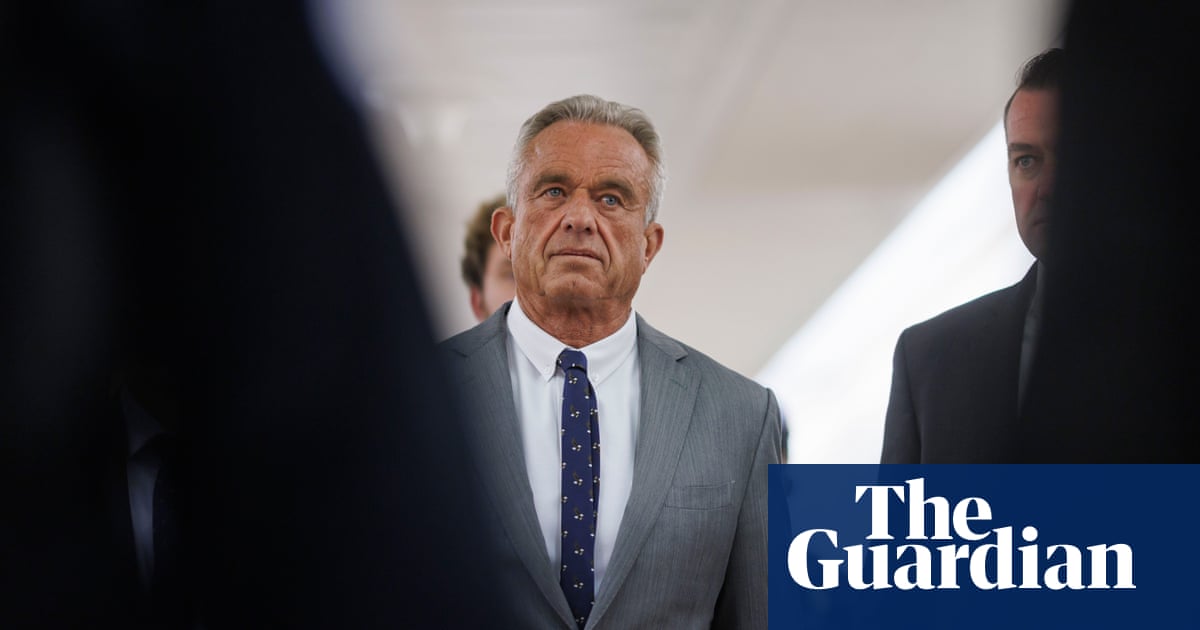Trump says he’d 'rather not’ impose tariffs on China
US president Donald Trump says he would “rather not” impose tariffs on China, after repeatedly pledging to hit the nation with hefty import levies.
Trump said he could make a deal with America’s biggest economic rival because “we have something that they want, we have a pot of gold”.
“We have one very big power over China, and that’s tariffs, and they don’t want them, and I’d rather not have to use it. But it’s a tremendous power over China,” he said in an interview with Fox News which aired on Thursday in the United States.
When Trump took office he said 10% tariffs on all Chinese imports could kick in by 1 February – and on the campaign trail touted a levy as high as 60%.
On Friday Beijing called for the US and China to resolve their differences through “dialogue and consultation”.
“China-US economic and trade cooperation is mutually beneficial,” foreign ministry spokesperson Mao Ning said.
“Trade wars and tariff wars have no winners and don’t serve anyone’s interests or the world’s interests,” she added.
Key events Show key events only Please turn on JavaScript to use this feature
Trump gives Immigration and Customs Enforcement officials powers to quickly deport migrants allowed into the country temporarily by Biden
According to an internal government memo obtained by the New York Times, Immigration and Customs Enforcement (ICE) officials will have powers normally reserved for encounters at America’s border with Mexico to quickly remove migrants.
Stephen Miller, a White House deputy chief of staff and the architect of Trump’s hard-line immigration policies, has made clear that he opposed both programs.
“Here’s an idea: Don’t fly millions of illegal aliens from failed states thousands of miles away into small towns across the American Heartland,” Miller said on social media in September.
Reacting to the memo, Tom Jawetz, a senior lawyer in the Homeland Security Department in the Biden administration, said: “In addition to raising serious legal concerns, subjecting people who played by the rules to a summary deportation process is an outrageous and unprecedented betrayal.”
Karen Tumlin, the director of the Justice Action Center, an immigrant advocacy group, said the decision was a mistake: “American communities have opened their hearts and homes for people from Cuba, Haiti, Nicaragua, Venezuela, Afghanistan and Ukraine,” she said. “Punishing people who did everything the government asked, and many of whom had US-based sponsors, to this summary deportation procedure is appalling.”
Nick Brown, the Washington state attorney general, spoke outside after a federal judge temporarily blocked Donald Trump’s executive order redefining birthright citizenship.
“We came to the courthouse today to defend the United States constitution. To defend democracy in America and to defend what it means to be an American citizen,” Brown said.

Jonathan Freedland
In the first few days of his presidency, people tried to challenge and reason with Donald Trump – suing his administration, questioning his decisions to reporters and pleading to him for mercy. But does Trump care what his critics think? Jonathan Freedland speaks to Susan Glasser of the New Yorker about what we can expect from a leader who goes it alone…
Trump says he’d 'rather not’ impose tariffs on China
US president Donald Trump says he would “rather not” impose tariffs on China, after repeatedly pledging to hit the nation with hefty import levies.
Trump said he could make a deal with America’s biggest economic rival because “we have something that they want, we have a pot of gold”.
“We have one very big power over China, and that’s tariffs, and they don’t want them, and I’d rather not have to use it. But it’s a tremendous power over China,” he said in an interview with Fox News which aired on Thursday in the United States.
When Trump took office he said 10% tariffs on all Chinese imports could kick in by 1 February – and on the campaign trail touted a levy as high as 60%.
On Friday Beijing called for the US and China to resolve their differences through “dialogue and consultation”.
“China-US economic and trade cooperation is mutually beneficial,” foreign ministry spokesperson Mao Ning said.
“Trade wars and tariff wars have no winners and don’t serve anyone’s interests or the world’s interests,” she added.

 German (DE)
German (DE)  English (US)
English (US)  Spanish (ES)
Spanish (ES)  French (FR)
French (FR)  Hindi (IN)
Hindi (IN)  Italian (IT)
Italian (IT)  Russian (RU)
Russian (RU)  5 hours ago
5 hours ago
























Comments